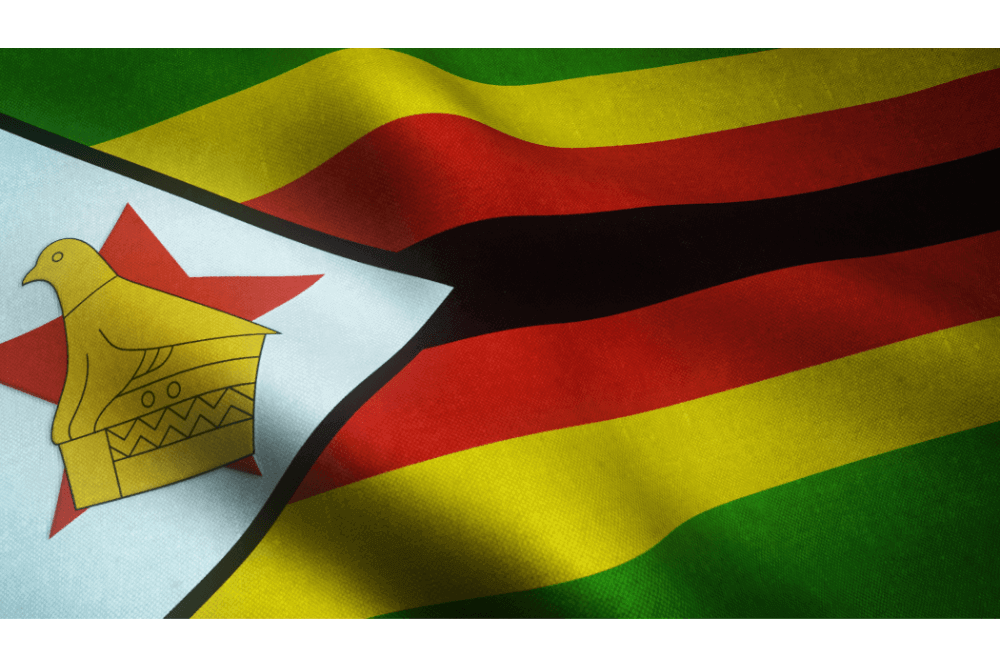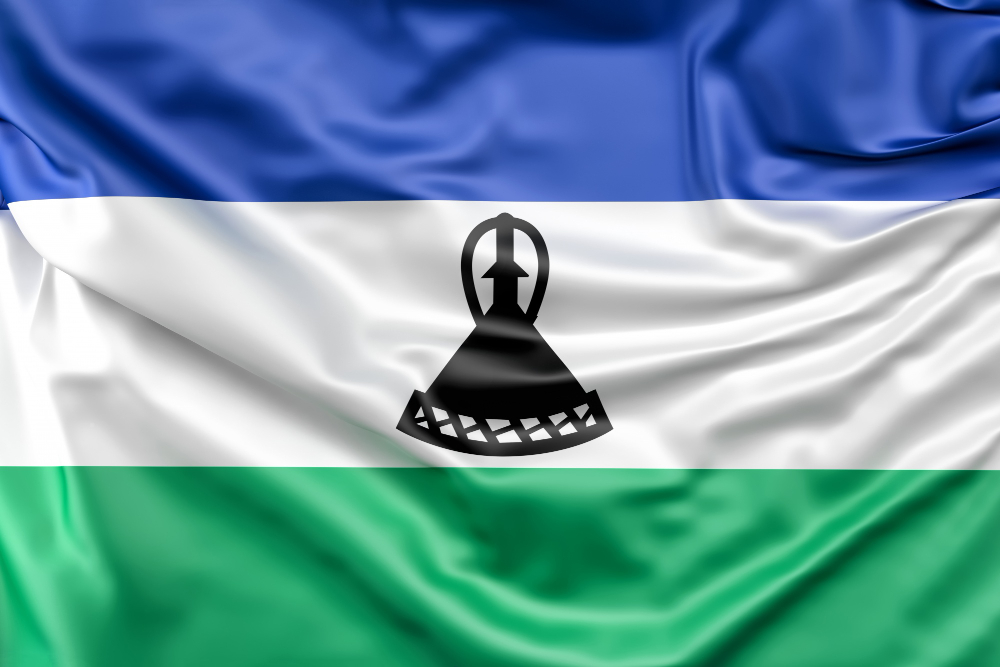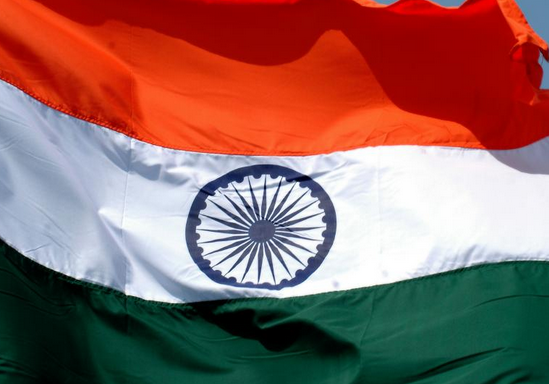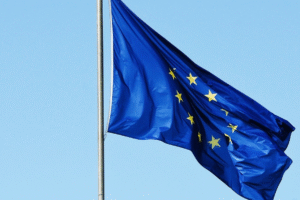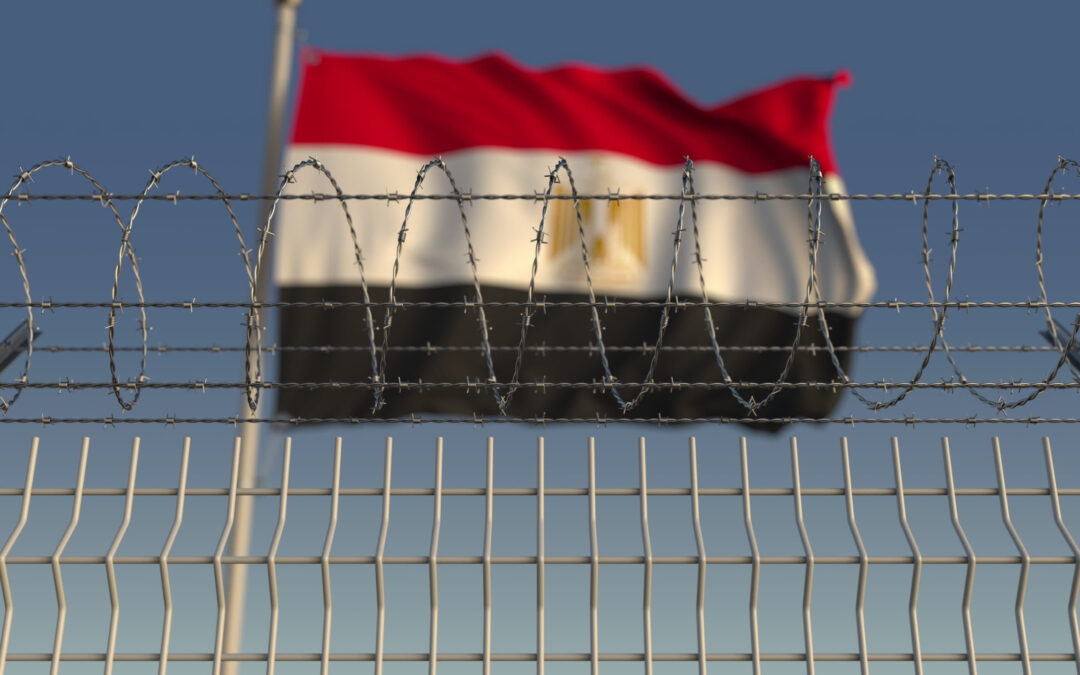
Jun 23, 2021 | News
The Egyptian authorities systematically abuse “counter-terrorism” laws against human rights defenders, setting a dangerous model for other countries around the world to follow.
On 23 June, the International Commission of Jurists (ICJ) and the Cairo Institute for Human Rights Studies (CIHRS) jointly organized an online event on the sidelines of 47th session of the United Nations Human Rights Council to denounce Egypt’s targeting of human rights defenders through the country’s “counter-terrorism” laws.
Titled ‘Weaponizing Counter Terrorism Laws to Silence Human Rights Defenders’, the interactive online webinar aimed to highlight how the Egyptian authorities use “counter-terrorism” laws to target human rights defenders, including by placing lawyers and human rights activists on Egypt’s “terrorist list”, a recent practice resulting in serious human rights violations.
The event was moderated by Bahey Eldin Hassan, CIHRS Director, who stressed that the abuse of the “counter-terrorism” laws was not only employed against human rights defenders, and is not a phenomenon limited to Egypt.
The United Nations Special Rapporteur on Human Rights and Counter-Terrorism, Fionnuala Ní Aoláin, pointed out that repressive regimes take advantage of the lack of a globally agreed definition of terrorism when legislating for counter terrorism purposes. As a result, they get to place whomever they like under the “terrorism label” at the national level, with no meaningful oversight or penalties.
“The United Nations Security Council has taken on a massive legislative role on counter terrorism, which has given cover to and enabled State repression at the national level,” Ní Aoláin noted addressing the role of the international community.
“This is not an accident or a ‘bad apple’ problem, the misuse of counter-terrorism is embedded in the practised national legal systems,” Ní Aoláin added. “That abuse is part of the DNA of State practice in many countries.”
“We are at a pivotal moment. States must ask themselves what 20 years of abuse of counter terrorism laws have done,” Ní Aoláin urged. “It has weakened protections and made us less safe in many ways. This is a time for States to stand up and ensure pressure for change of this situation.”
Brian Dooley, Senior Advisor to the UN Special Rapporteur on Human Rights Defenders, noted that for authorities to imprison a human rights defender “with a straight face” for a long period of time, they have to use major accusations such as terrorism.
“The Egyptian authorities know that these human rights defenders are not terrorists,” Dooley said. “In most of the cases we have seen, where defenders were sentenced to ten years or more in prison, the relevant authorities use some sort of anti-terrorism, national security, or treason laws to justify putting a human rights defender away in prison for 10 or more years.”
Said Benarbia, ICJ Middle East and North Africa Director, began by naming some of the most prominent human rights defenders who remain in pre-trial detention facing “terrorism-related charges” in Egypt.
Among those Benarbia mentioned are: Alaa Abdelfattah, a blogger and a human rights activist; Mahienour al-Masri, a human rights lawyer; Mohammad al-Baqer, a lawyer and the director of the independent NGO, Adalah; and Amr Imam, a lawyer at the Arabic Network for Human Rights Information.
“In most of the cases the ICJ documented human rights defenders face charges of ‘joining a terrorist group’,” but the State security prosecution has consistently failed to even name the terrorist organization or group concerned,” Benarbia said. “In most of the cases, prosecutions were initiated with the sole purpose of intimidating and silencing human rights defenders.”
Benarbia emphasized that prosecuting individuals despite a total lack of evidence to support the charges is contrary to both the Egyptian and international law and standards.
“Any country that, like Egypt, uses ‘counter terrorism’ legislation to clamp down on basic freedoms and retaliate against human rights defenders and create open-air prisons should not have a say in setting international standards on terrorism,” Benarbia added.
Human Rights Defender, Celine Lebrun Shaath, delivered a passionate statement about her husband, Ramy Shaath, an Egyptian Palestinian human rights defender who has been detained since July 2019. Shaath, who herself was deported from Egypt in the wake of her husband’s arrest, mentioned that the online event was taking place on Ramy Shaath’s birthday; the second since his imprisonment. “I would rather not be here today,” she added, lamenting what had happened to her husband.
“We do not know to what terrorist group Ramy is supposed to be belonging,” Shaath said. “He is accused of spreading ‘fake news’, but we don’t know which news or where he had spread them.”
Shaath expressed her hope that the Egyptian government would heed the call for her husband’s release and free Ramy and all the political prisoners.
“[Human Rights Defenders] should be looked at as a wealth for this country. They are the future, they are not a threat, dissent is not terrorism, dissent is a vibrant part of democracy that should be cherished and protected,” Shaath underscored.
On 12 March 2021, 31 UN Member States signed a joint declaration condemning the human rights situation in Egypt, which Finland delivered on their behalf at the Human Rights Council’s 46th session. The joint letter focused primarily on “the restrictions on freedom of expression and the right to peaceful assembly, the constrained space for civil society and political opposition, and the application of terrorism legislation against peaceful critics.”
The event was cosponsored by Human Rights Watch, Amnesty International, the International Service for Human Rights and the International Federation for Human Rights.
You can watch the entire event here.
Contact:
Said Benarbia, Director, ICJ Middle East and North Africa Programme, t: +41-22-979-3817; e: said.benarbia(a)icj.org
Asser Khattab, Research and Communications Officer, ICJ Middle East and North Africa Programme, e: asser.khattab(a)icj.org
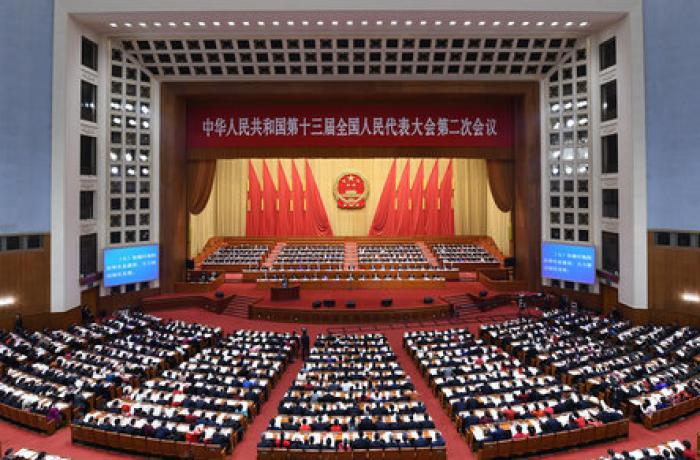
May 26, 2020 | News
The ICJ today expressed its grave concern over the National People’s Congress (NPC)’s draft Decision on establishing and improving the legal system and enforcement mechanisms for the Hong Kong Special Administrative Region (HKSAR) to safeguard national security (“the Decision“).
The ICJ called upon the NPC to withdraw the Decision and to protect human rights, including freedom of expression and association, in accordance with its international human rights obligations and its longstanding commitment to respect the right to political participation of the people of Hong Kong.
The call comes after the NPC presented a decision at the third annual session of the 13th NPC on 22 May, 2020 which paves the way for legislation that would, “prevent, stop and punish any act occurring in the HKSAR to split the country, subvert state power, organize and carry out terrorist activities and other behaviours that seriously endanger national security as well as activities of foreign and external forces to interfere in the affairs of the HKSAR” and would allow the central government to set up “security organs” in the territory.
The ICJ stressed that while the precise contents of the proposed National Security Law have not been publicized, the language of the Draft Decision is troubling given how categories of “terrorist activities” and “subversion” have been abused in the past.
“There is a well-substantiated fear that the new security law will be used to suppress freedom of expression and curtail the activities of human rights defender in violation of the rights of the people of Hong Kong guaranteed under its Basic Law and international human rights standards,” said Frederick Rawski, Asia & the Pacific Director of the ICJ. “We have already witnessed, many times over, how other deeply flawed laws like the Public Order Ordinance, have been abused to criminally charge peaceful protesters.”
It is expected that the NPC’s Decision will be added to Annex III of the Basic Law. Under the Article 18 of the Basic Law, Chinese national legislation only has effect in Hong Kong if it is listed in Annex III of the Basic Law and related to defence, foreign affairs or other matters outside the limits of the HKSAR’s autonomy. Once added to Annex III, the law can be promulgated by the Hong Kong Chief Executive by issuing a legal notice in the Government Gazette.
In 2003, the HKSAR government attempted and failed to enact a similar national security bill, after an estimated half a million people took to the streets to oppose the legislation.
“It is especially alarming that the central government has decided to take such a top-down, and anti-democratic approach to imposing this law by bypassing Hong Kong’s Legislative Council. There are no winners from such an approach, which will provoke a massive public response and a return to the unlawful use of force by the police,” said Rawski.
The ICJ stressed that legislation that seeks to address genuine national security concerns must comply with rights protections in the Basic Law, the International Covenant on Civil and Political Rights (ICCPR), which is applicable to Hong Kong, and other international human rights standards and should be subject to genuine public consultation and debate.
The NPC is expected to vote on the resolution at the end of the annual session, likely on May 28, 2020. The NPC decision will delegate the Standing Committee to draft the actual details of the new legislation for Hong Kong, which would then be included in Annex III of Hong Kong’s Basic Law. The new law will be introduced in Hong Kong through either promulgation or local legislation.
Contact
Frederick Rawski, ICJ’s Asia Pacific Regional Director, t: +66 2 619 84 77; e: frederick.rawski(a)icj.org
Boram Jang, ICJ Legal Adviser, Asia & the Pacific Programme, e: boram.jang(a)icj.org
See also
Joint Statement: Hong Kong arrests of pro-democracy figures condemned by international legal community
China (Hong Kong): Authorities must protect right of peaceful assembly and end legal harassment of activists and journalists
China (Hong Kong): ensure police do not use excessive force against protesters
